A common greeting among today’s cool people is “what’s up?” to which one may sometimes get some really sarcastic answers from uncool people (lol!). A not so common greeting would be, “What’s good?” That would be slang for an invitation to a values conversation. I’ll explain.
For the last couple of weeks I have been raving about the importance of vision, mission and values. My thesis is that these three are so life-giving, life-forming and life-determining that they are aptly described as DNA, be it personal or corporate. I did share some examples of vision and mission statements of companies as well as my own family’s, encouraging professionals to put in the time and work to hone these and commit to them to the same degree they do their corporate work (if not even more). Now a final word on the third piece of the DNA: values.
WHAT ARE VALUES?
Values are what matter most to us—what we value. Yes, our values are literally what we value. They are what we consider to be good, what’s good. What matters most to us about the kind of people we are, the type of work we do and how we behave as we do the work are our values.
Values are the standards a person, family or organization holds to be most important that cause individuals to make decisions and act the way they do. As a mentor of mine puts it, values “represent how a community aspires to act or function as it carries out its mission in pursuit of is vision.” I like this element of aspiration—perhaps we may not have quite attained that standard of behaviour or character or whatever ideal yet but it’s on our books to keep reminding us to keep stretching towards it.
So! In summary, if vision is what we want to SEE and mission is what we will DO to see what we want to see then values determine HOW we will behave (be and do) as we do what we want to do in order to see what we want to see.
PEELING BACK THE LAYERS
Whether ethnic or corporate, culture is basically how things are done here a.k.a behaviour. What many do not realize is that BEHAVIOUR—“what’s done”—is only, quite literally, the tip of the iceberg (which is usually about 10% of the actual size of the iceberg!). Behaviour is only what is seen and experienced on the outside—from dressing to speaking. It’s the soil/crust of the earth (another metaphor), if you like.
Beneath behaviour are the VALUES—“what’s good”—informing it. Digging deeper beneath sea level or soil level we will find the BELIEFS—“what’s true”—or “faith assumptions”, that are determining these values.
Deepest of all, at the bottom of the iceberg or at the core of the earth is our WORLDVIEW—“what’s real.” That is the root of the fruit we see called behaviour or culture.
Whether it is individuals or families, churches or corporations, how many times haven’t we attempted to change behaviour without digging all the way to the worldview source?
VALUES ARE NOT PRINCIPLES
I am of the Covey school of thought that values are not synonymous with principles. Principles are timeless, universal laws that govern everything (from physical laws of Physics to spiritual laws) but you can choose to value them and/or have values based on those laws or not. For example, there is a certain ethnic group I have come across that does not give children eggs (behaviour/culture). Undergirding this is not valuing eggs in children’s diet. But underlying this further is a belief that the children would become bald (like an egg) and become thieves (or both). At the very core of this ethnic culture is a certain animistic worldview that produces the belief that leads to the value and produces the behaviour of not feeding children eggs.
This value, no matter how cherished, goes against the principles of nutrition. Breaking the principle because of this value results in protein-energy undernutrition in the community whose two primary chronic forms are kwashiorkor and marasmus.
SO WHAT’S GOOD?
It is absolutely essential that everyone, personally and corporately, determine their values. Values comprise part of the DNA that gives, forms and determines the kind of life you lead. But like the chemical bases that form DNA, it is worth examining the formative beliefs and underlying worldview that bring forth these values. In the end, what’s good is determined by what’s core.

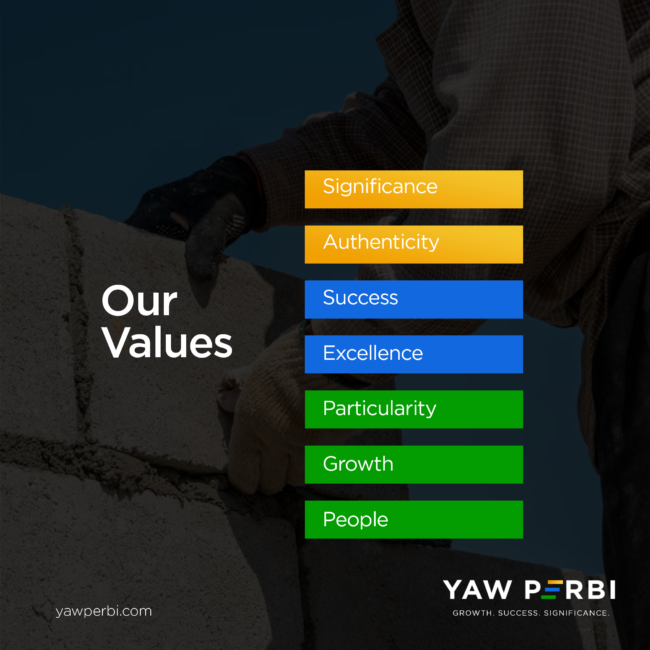
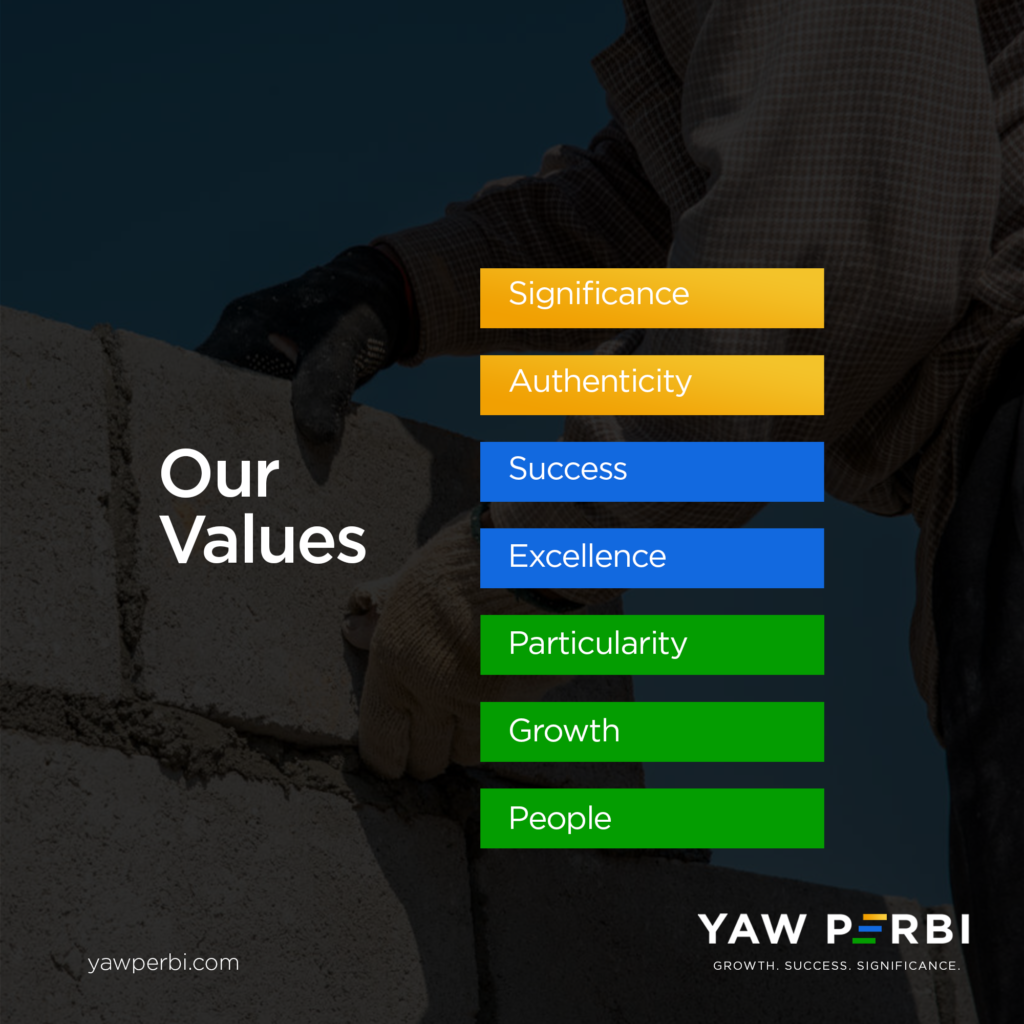
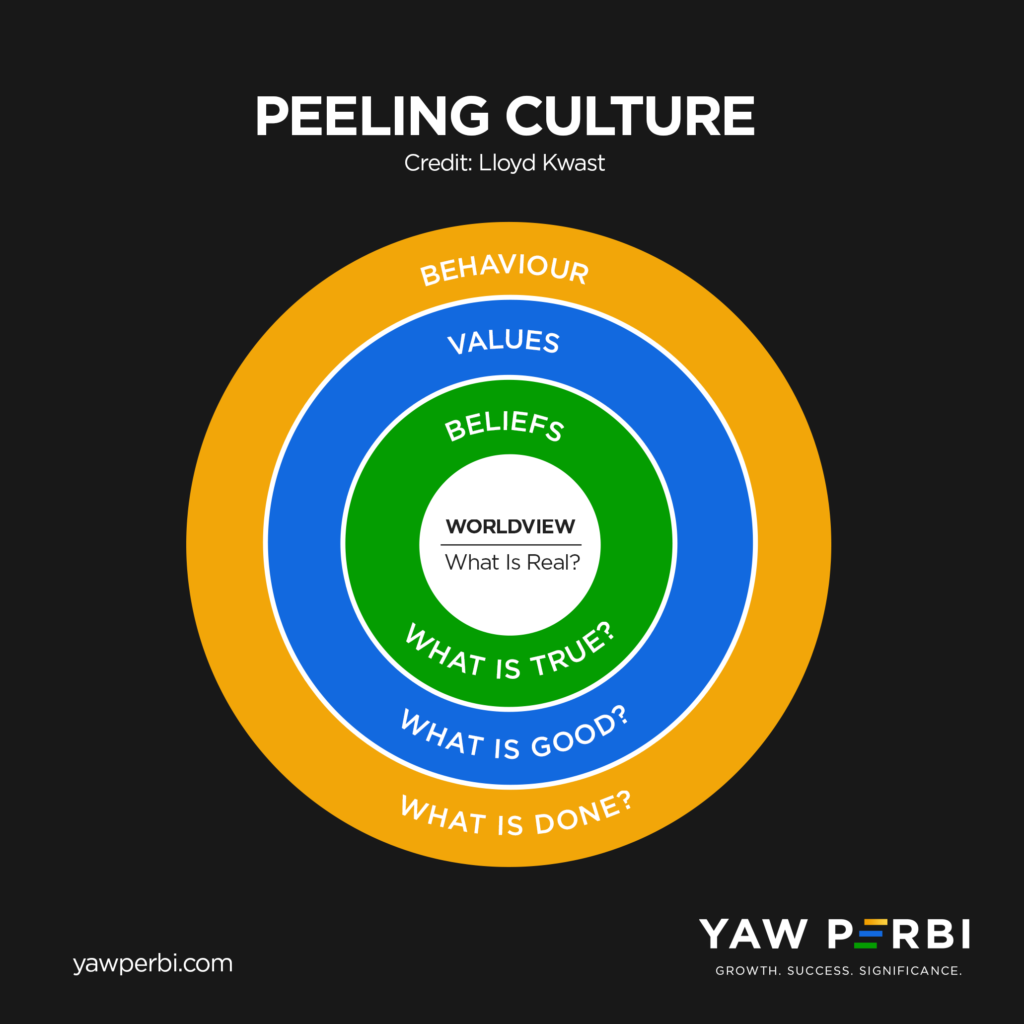


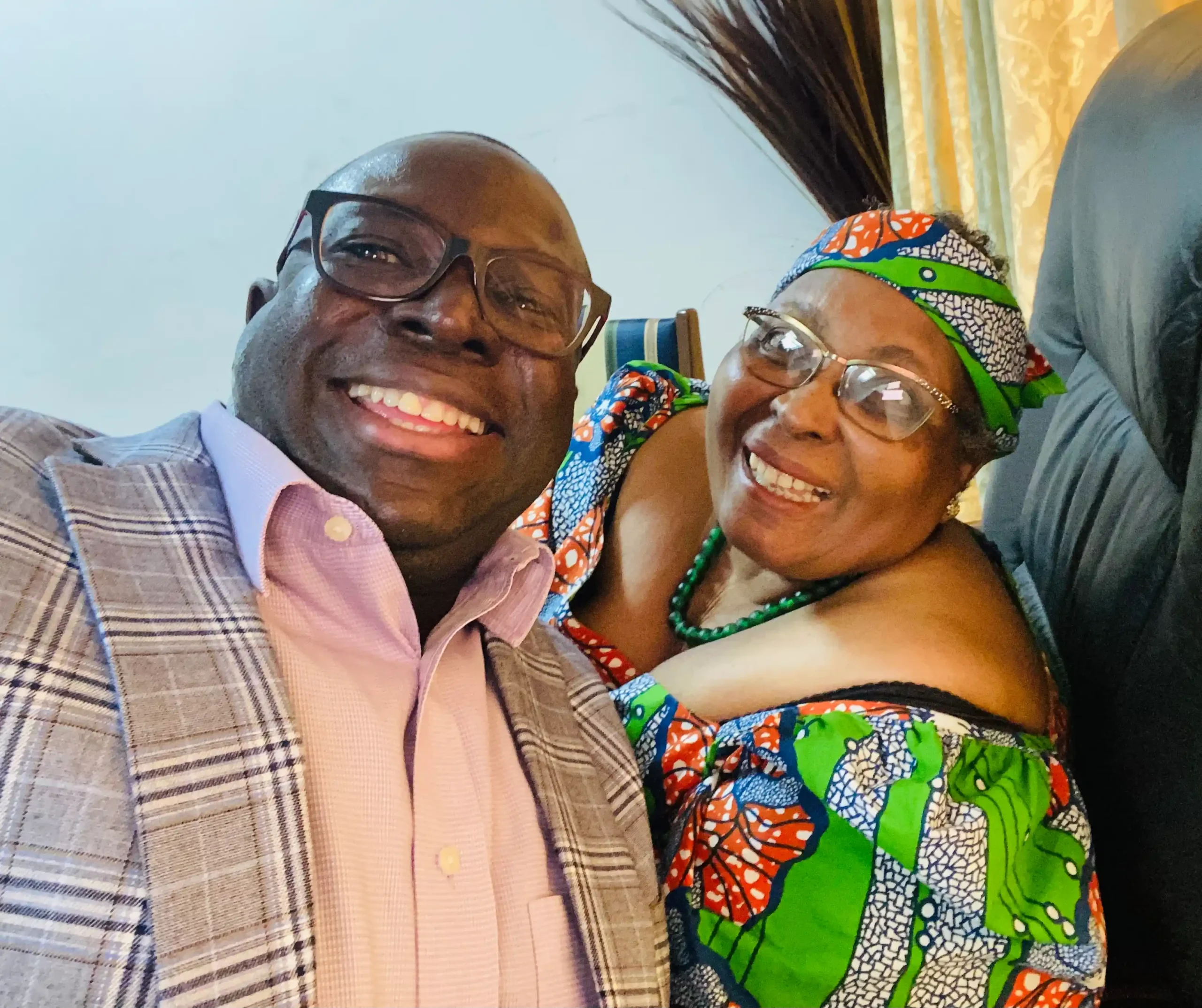

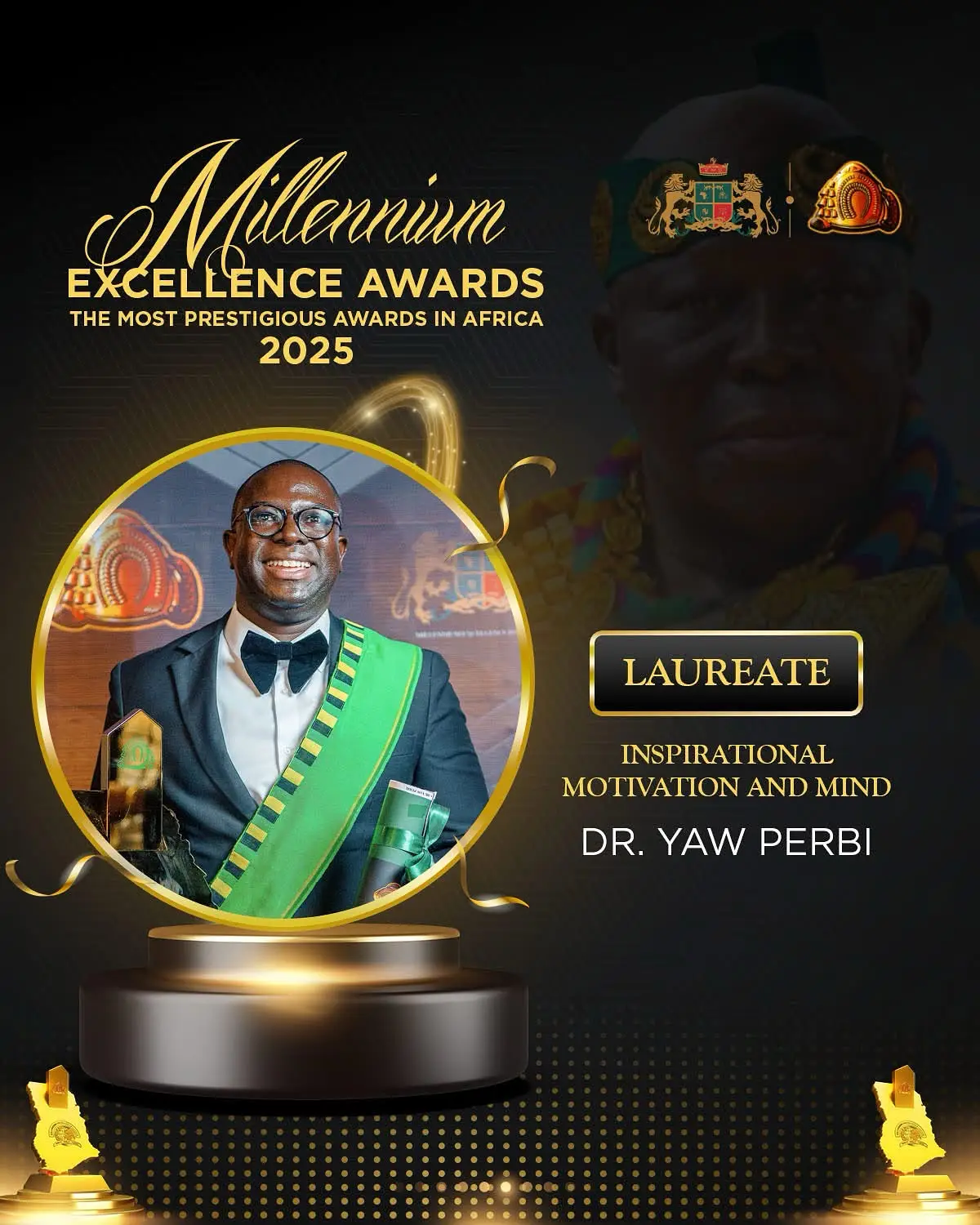


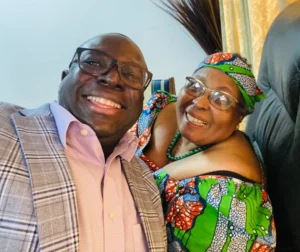

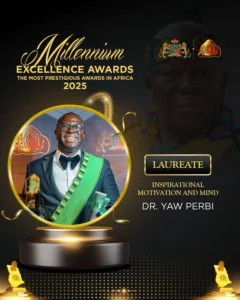

2 Comments
This is a very good article sir.
But I think we can only address the issue of corruption in this country if the Values of Honesty and Integrity are instilled at early stages in our youth, especially at the second cycle institutions.
It will amaze the the level of corruption and acts of dishonesty youth graduates and civil servants are engaged in. It’s not only the politicians.
I drafted something entitled Impact Ghana primarily targeting young people at the senior high schools.
The next leaders of Ghana 20 years to come are there. We should start the campaign from there. I will be willing to share my draft with you so we collaborate on that level.
Thank you